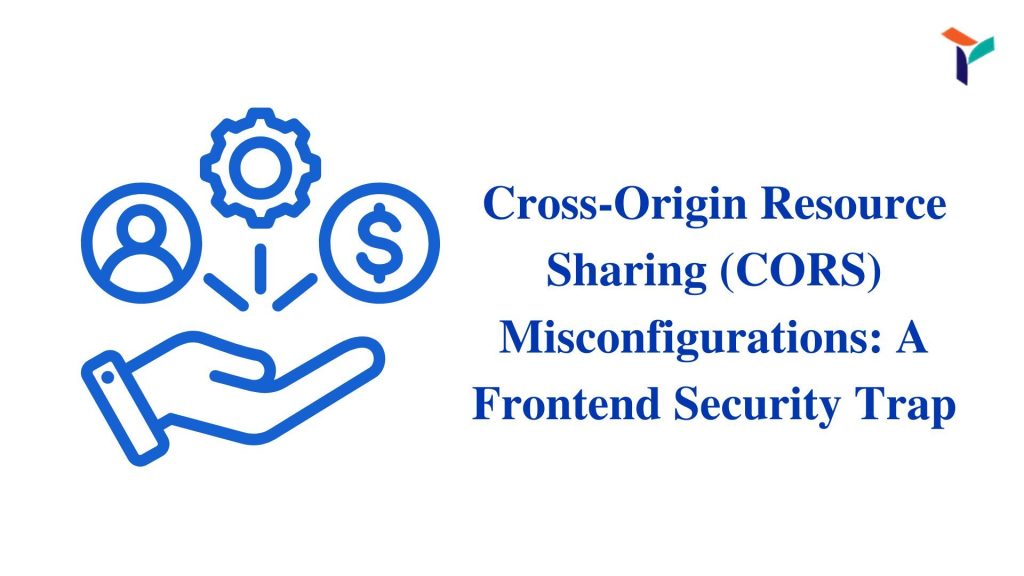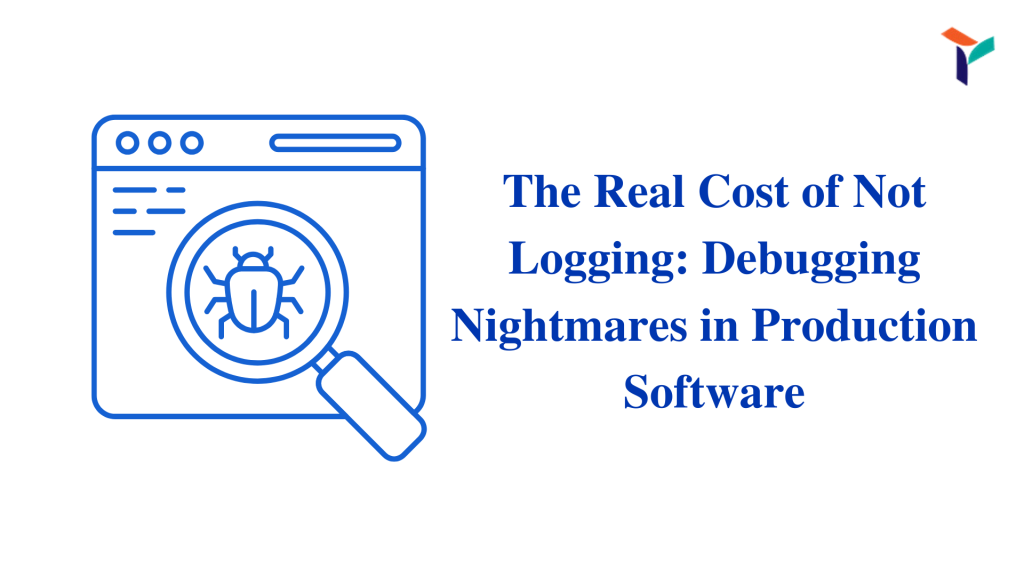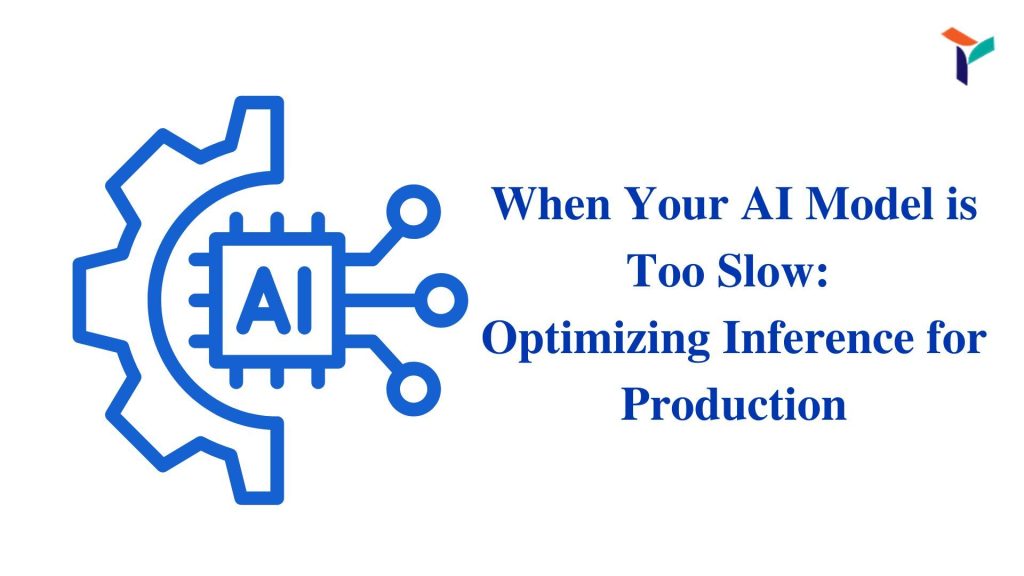How to Find the Best Free APIs for Your Website or App

Using free resources when building apps or websites is a smart way to move fast without burning a budget. While it may sound tough, finding the best free APIs is easier than you think. You need to start by identifying the specific feature or data you need, like weather updates, payments, or image content. Then, […]
Cross-Origin Resource Sharing (CORS) Misconfigurations: A Frontend Security Trap

Cross-Origin Resource Sharing (CORS) is a critical security mechanism that allows web applications to request resources from different origins. When properly configured, it ensures controlled access to external domains. However, misconfigurations in CORS can lead to severe security vulnerabilities, allowing attackers to bypass restrictions and steal sensitive data. In this blog, we’ll explore common CORS […]
Why Your Audit Logs Are Useless (And How to Fix Them)

If your audit logs are not giving you the full picture, you are risking your entire system’s security and compliance. Broken or incomplete audit logs mean missed security events, gaps in user activity tracking, and poor data integrity. The good news is that you can fix this by adopting a clear, step-by-step approach: define precise […]
A Step-by-Step Guide to Fixing Broken API Access Control

Broken API access control puts your entire system at risk by allowing unauthorized users to exploit sensitive endpoints or perform actions they should not. However, you can fix this issue with a clear plan. Start auditing your endpoints, strengthen authentication with OAuth 2.0 or similar methods, apply role-based or attribute-based access controls, enforce consistent authorization […]
The Real Cost of Not Logging: Debugging Nightmares in Production Software

A production issue hits. There is no crash report. No stack trace. No trail. Just a vague user complaint and a broken feature. That is the reality when production logging is ignored or misused. Debugging becomes guesswork. Minor issues escalate. Timelines slip. Engineering hours are wasted. The cost of not logging is not just technical—it […]
Silent Vulnerabilities: How Overlooked Dependencies Expose Your Application

Utilizing third-party code is a standard in developmental practice that enables faster release cycles and feature-rich applications. However, this reliance on external libraries and frameworks introduces significant risks when those components are not properly managed. Overlooked dependencies, such as packages and libraries embedded deep within your application’s structure, often go untracked and unpatched. These silent […]
The Security Cost of Hardcoded Credentials: Better Secrets Management in Practice

Hardcoded credentials are among the most dangerous anti-patterns in software development. They lead to breaches, regulatory fines, and eroded trust. Yet, they remain common across development stacks, from startups to enterprises. In a modern DevOps environment, storing sensitive data like API keys, passwords, tokens, and certificates in code is a security liability. This guide outlines […]
Design Debt in Early MVPs: How to Scale Without Rebuilding Everything

Shipping fast is critical, especially in early-stage product development. But if you’ve launched an MVP with quick wins and patchwork design, you’ve likely incurred something dangerous: design debt. The hard truth is that most MVPs are not built to last. And that’s fine, until it isn’t. The challenge is knowing when design debt starts slowing […]
When Your AI Model is Too Slow: Optimizing Inference for Production

When your AI model takes too long to respond, users leave. Business processes stall. Costs spike. In production, slow AI is broken AI. Inference speed is the backbone of real-time AI applications. From fraud detection to personalized recommendations, your AI has to act fast. Here’s how to optimize inference performance and ensure your models are […]
The Cache Invalidation Nightmare: What You’re Likely Doing Wrong

Caching is one of the most powerful tools in software engineering for improving speed and scalability. It reduces latency, saves compute resources, and improves response times dramatically. But there’s a catch—and it’s a big one. Cache invalidation—deciding when and how to expire or update cached data—is notoriously complex. Done wrong, it leads to stale data, […]



